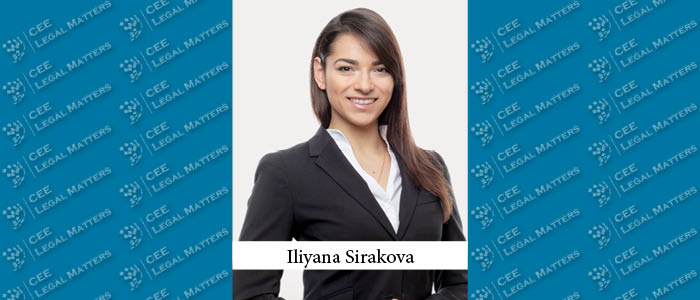At the end of 2022, the Latvian Supreme Court finally made a judgment in one of the dozens of civil cases stemming from the so-called Zolitude tragedy. 54 people died and dozens were injured back in 2013, when the roof of a trade center located in one of the suburbs of Riga, Zolitude, collapsed.
The trade center had been in operation for a mere two years and the statutory warranty period had lapsed just before the accident. It was long before any need for structural checks and repairs could have been suspected.
The Zolitude tragedy triggered widespread public debate, a parliamentary investigation, and a broad reform of Latvian construction law. At the same time, issues of the liability of parties involved in various roles during the construction of the building remained open for years, while the battle before the courts continued.
Relatives of the perished sued a number of involved parties, including the owner of the trade center, claiming moral and other damages caused. The main question that the Supreme Court had to answer in the case was whether the owner of a building can be held liable for damage caused as a result of the collapse.
First, the court rejected an argument of strict liability of the owner. The Latvian law qualifies construction works as a source of increased danger triggering strict liability for damage caused. The court concluded that once the construction works are completed, the building itself is no longer regarded as a source of increased danger, and there is no strict liability of the owner.
Further, the court established that an owner of a property can face liability for the wrongful actions of a contractor only in a case where the owner can be blamed for negligence in choosing a construction company or a supervisor of the works. The court stressed that an owner is entitled to rely on the professionalism of a licensed contractor and the competence of the public authorities that have commissioned the building.
At the same time, the court interpreted the obligation of an owner to properly maintain the building broadly. The court concluded that it is not sufficient for the owner to comply with express legal requirements in respect of specific actions to be taken. The owner has a general duty to exercise reasonable effort in order to avoid potential harm that the building could cause other persons. From this perspective, it is important to establish whether in any given situation the owner could have predicted the possibility of the harm. The court provided a list of aspects to be taken into account when evaluating whether an owner has complied with their general obligation to prevent harm: the probability of the harm and potential severity of it, the expected behavior of other persons (reliance on safety), the owner’s ability to mitigate the harm, the proportionality of the anticipated harm to required costs, etc.
Although, in general, any person who has suffered harm is required to prove a breach of law (failure to maintain) by the owner, in the case when the harm is caused by the collapse of a building, there is a presumption of breach of the owner’s duty to maintain the building and the burden of proof is on the owner to refute that presumption. Such an approach is based on the premise that the collapse of a building resulting in casualties gives reason to assume that maintenance obligations have been neglected, and the owner is best placed to bring evidence to prove the opposite.
For the time being, the judgment of the Supreme Court has put an end to the debate on the scope of liability of building owners in Latvia: there is no liability of the building owner without fault for damage caused.
By Dace Silava-Tomsone, Managing Partner, and Sergejs Rudans, Specialist Counsel, Cobalt Latvia
This article was originally published in Issue 10.3 of the CEE Legal Matters Magazine. If you would like to receive a hard copy of the magazine, you can subscribe here.


























